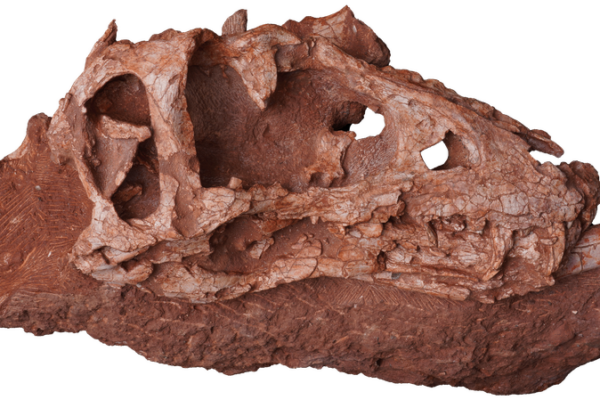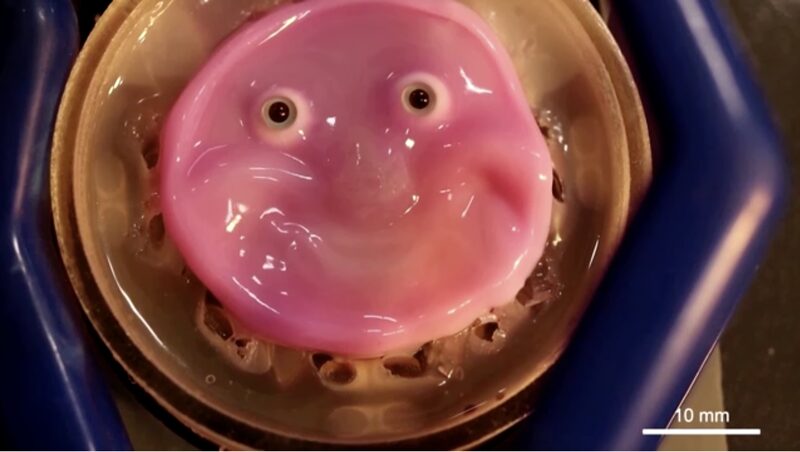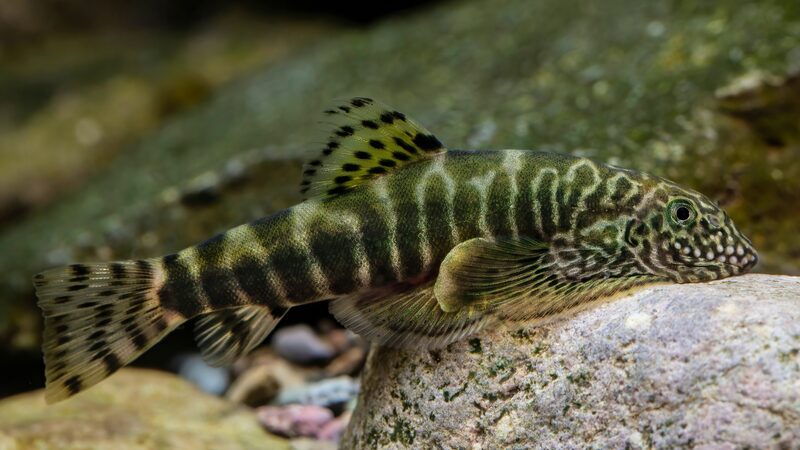Nobel Laureate Physicist Tsung-Dao Lee Passes Away at 97
Nobel laureate and renowned physicist Tsung-Dao Lee has passed away at the age of 97, leaving a legacy of groundbreaking contributions to physics.
My Global News: Voices of a New Era
🌍 Stay Ahead, Stay Global 🚀
Nobel laureate and renowned physicist Tsung-Dao Lee has passed away at the age of 97, leaving a legacy of groundbreaking contributions to physics.
Chinese scientists capture the shock breakout of supernova SN 2024ggi, unveiling new insights into stellar evolution and the cosmic origins of heavy elements like gold.
Chinese mainland researchers develop lightweight, flexible thermoelectric plastics capable of powering wearable electronics, marking a significant advancement published in Nature.

Chinese scientists have uncovered a new deep-snouted tyrannosaur species, Asiatyrannus xui, from the Late Cretaceous period.

China’s latest plenum underscores a strategic focus on science and innovation, highlighting significant investments and achievements in technology and research.

This Science Saturday covers breakthroughs in ancient DNA, a rare black hole discovery, a failed pig kidney transplant, and a SpaceX Falcon 9 investigation.

Japanese scientists at the University of Tokyo attach living skin to robotic faces, enabling them to “smile,” paving the way for advancements in cosmetics and medicine.

Fudan University scientists have developed a new high-temperature superconductor with an impressive 86% superconducting volume fraction, marking a significant milestone in physics research.

Shanghai Ocean University researchers unveil three new fish species endemic to the Chinese mainland, highlighting China’s rich marine biodiversity and the importance of ongoing conservation efforts.

Chinese scientists discover a new vampire squid species in the South China Sea, revealing new insights into deep-sea biodiversity and cephalopod evolution.